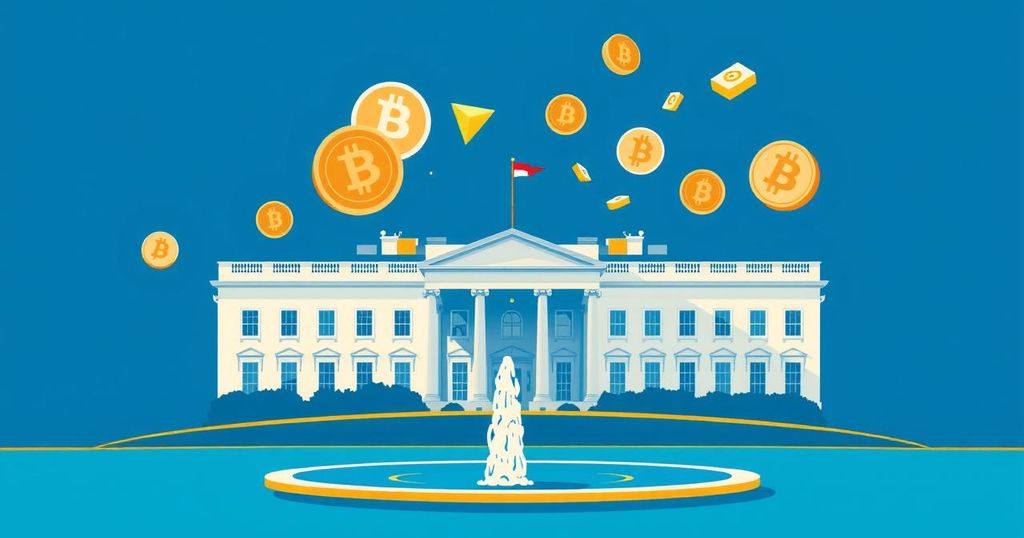Legal stuff
ARGENTINA, ASIA, BITCOIN MINING, CNAD, COMISIÓN NACIONAL DE ACTIVOS DIGITALES, CRYPTOCURRENCY, EL SALVADOR, ERICA PERKIN, FINANCE, FINTECH, HE, HESTER PEIRCE, JUAN CARLOS REYES, NORTH AMERICA, PARAGUAY, PHILIPPINES, REGULATORY COMPLIANCE, REYES, SEC, SOUTH AMERICA, U. S, U. S. SECURITIES AND EXCHANGE COMMISSION
Nikita Petrov
0 Comments
El Salvador Looks to Partner with U.S. SEC on Crypto Regulatory Sandbox
El Salvador is proposing a regulatory sandbox in partnership with the U.S. SEC to enhance collaboration in digital asset oversight. The initiative follows El Salvador’s move to make bitcoin legal tender in 2021, aiming to create a flexible regulatory framework. The pilot program will include U.S. brokers and local tokenization projects, adhering to specific financial caps for testing. Officials believe this approach will help gain valuable regulatory insights for both parties.
El Salvador is currently proposing a collaboration in the form of a regulatory sandbox with the U.S. Securities and Exchange Commission (SEC). The aim here is to establish stronger international cooperation on the oversight of digital assets, according to officials from El Salvador’s Comisión Nacional de Activos Digitales (CNAD). CNAD President Juan Carlos Reyes stressed that due to the borderless nature of digital assets, it’s high time that global regulatory efforts keep pace.
After making bitcoin legal tender back in 2021, El Salvador has transformed into a notable crypto hub, attracting companies like Tether and Binance. With relatively few entrenched financial systems to contend with, the CNAD has seized the unique chance to design a flexible regulatory framework that could serve as a model for the U.S. regulators as they grapple with digital asset regulations.
The proposed pilot program aims to include a traditional finance broker in the U.S. gaining a digital asset license under El Salvador’s jurisdiction alongside two tokenization projects spearheaded by firms licensed by the CNAD. Notably, each of these projects will have a cap set at $10,000 to maintain a controlled environment for testing, reflecting the intent to prioritize security. This initiative is in line with SEC Commissioner Hester Peirce’s recent call for innovation in crypto regulation.
Erica Perkin, who serves as a legal advisor for the CNAD, pointed out that their regulatory framework is tailored to yield the type of real-time data that the SEC might struggle to gather within a domestic context. She indicated that the CNAD is well-prepared to support the SEC by collecting actionable insights from practical case studies.
Conversations between the CNAD and the SEC’s Crypto Task Force took place on April 22, and sources suggest that discussions were constructive. President Reyes, who has previously secured cooperation agreements with countries like Argentina and Paraguay, commended the SEC for its increasing awareness of digital asset technologies and for its willingness to partake in progressive dialogue.




Post Comment